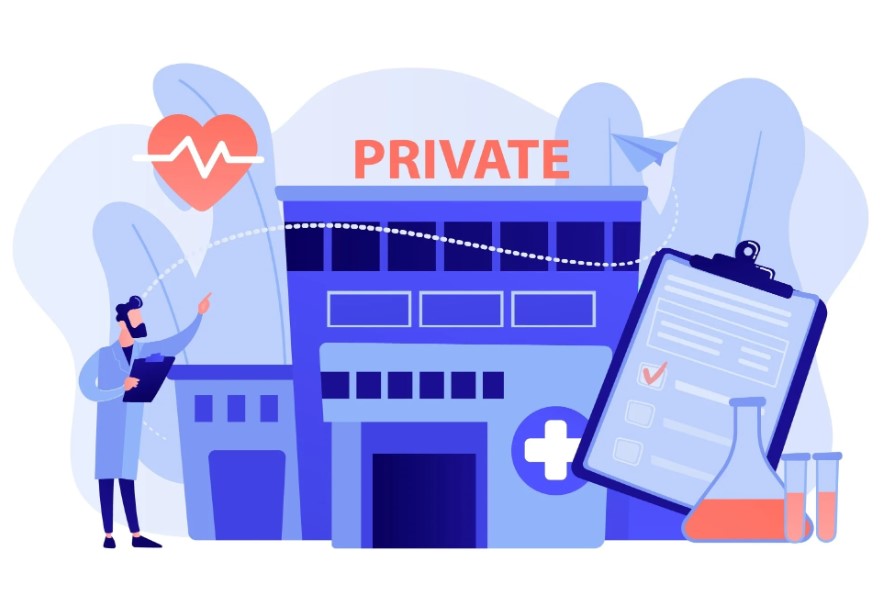22
Mar 2024
Hospitals represent a significant challenge within the private healthcare sector
Published in News on March 22, 2024

The yearly reset of private health insurance premiums follows a familiar pattern.
The federal health minister typically announces measures aimed at pressuring private health insurers. Meanwhile, insurers emphasize their efforts to limit premium increases for their customers. Unfortunately, it's often the ordinary families who end up bearing the brunt of the latest premium hike.
However, Tuesday's announcement of a 3.03 per cent increase in premiums on July 1 - the highest in five years - prompted a strong reaction from Australia's private hospital lobby. They argue that private health insurers must increase payments to hospitals or face further closures, with approximately 22 hospitals or hospital units estimated to have shut down in the past year. Ramsay Health Care, a listed hospital operator, highlighted closures of hospitals and maternity wards during its December half-year results.
While private hospitals and health insurers often exchange criticisms, Australian Private Hospitals Association CEO Michael Roff pointed out that the private health sector doubled its profits to $2 billion in the last financial year, and listed players reported solid profits for the December half-year. However, there's a concern as the proportion of profitable or break-even businesses in the private hospital sector dropped from 89 per cent in 2019-20 to 30 per cent in 2021-22.
Mark Fitzgibbon, a seasoned figure in the insurance industry who leads the prominent NIB, adopts an unexpectedly conciliatory stance. He acknowledges the validity of hospitals' concerns, noting their significant challenges stemming from COVID-19 lockdowns and ongoing structural shifts within the sector. As more treatments transition to day surgery and lower-cost settings like in-home care, Fitzgibbon emphasizes the interdependent relationship between private hospitals and health insurers, highlighting that without one, the other lacks a viable product.
He assures that discussions on payment levels between the sectors will persist in good faith. While maintaining a businesslike approach, Fitzgibbon stresses the importance of ensuring all stakeholders can achieve a reasonable return on investment for sustainability. He underscores the interconnectedness of the system, stating, "If one part fails, we all fail."
Fitzgibbon aptly compares the health sector to a game of whack-a-mole, where any savings are quickly offset by new necessary investments. With Australia's aging population and strains on the public system, he emphasizes the urgency for the private sector to strike a balanced approach.









